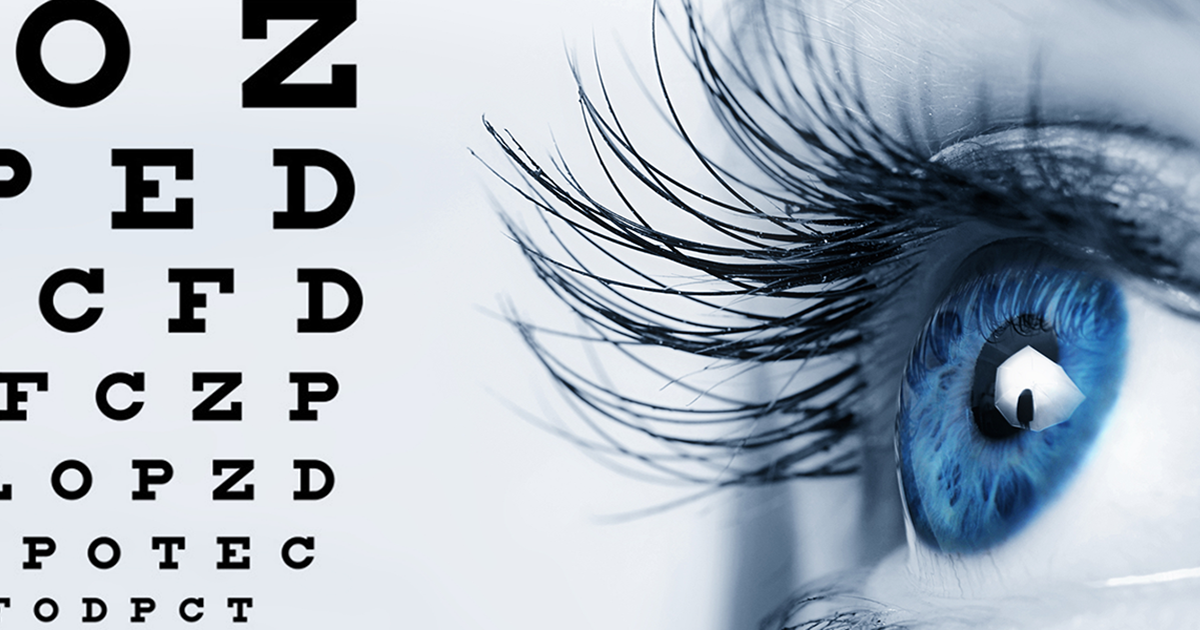Find the most effective Glaucoma Service Near Me: Expert Eye Care Solutions
Find the most effective Glaucoma Service Near Me: Expert Eye Care Solutions
Blog Article
Comprehending the Different Eye Conditions Dealt With by Specialized Eye Care Professionals
In the realm of eye treatment, specialized specialists play a crucial duty in detecting and dealing with a broad array of eye problems. From common refractive mistakes that impact vision clarity to age-related problems that present challenges as we age, the competence of these professionals includes handling vision-threatening diseases and detailed corneal conditions. The intricacies of neurological eye conditions present special challenges that necessitate specialized treatment. As we start this expedition of the various eye problems addressed by specialized eye care specialists, it becomes obvious that the complex web of eye health holds a myriad of interesting understandings waiting to be uncovered.
Typical Refractive Mistakes
Refractive errors are typical aesthetic problems brought on by an imperfection in the eye's capability to properly concentrate light, leading to obscured vision. The most common kinds of refractive mistakes consist of nearsightedness (nearsightedness), hyperopia (farsightedness), astigmatism, and presbyopia. Nearsightedness takes place when the eyeball is also lengthy or the cornea is also rounded, triggering remote challenge show up fuzzy. Hyperopia, on the various other hand, takes place when the eyeball is also brief or the cornea is also level, leading to neighboring things being out of emphasis. Astigmatism is defined by an irregularly designed cornea, causing distorted or blurred vision in all ranges. Presbyopia is an age-related problem where the lens sheds its adaptability, making it hard to concentrate on close things.
These refractive mistakes can be remedied through numerous techniques, including spectacles, contact lenses, or refractive surgical procedure. Eye treatment experts play a crucial duty in identifying and managing refractive mistakes to help people accomplish more clear vision and boost their quality of life.
Age-Related Eye Problems
One of the most common age-related eye problems is age-related macular deterioration (AMD), a disease that causes central vision loss and can make activities like reading and driving challenging. Cataracts, one more usual problem among older individuals, create clouding of the eye's all-natural lens, leading to obscured vision. Normal eye tests with specialized eye care experts are vital for very early detection and management of these age-related eye problems to maintain vision and maintain ocular health as individuals expand older.
Vision-Threatening Conditions
Vision-threatening diseases encompass a range of major ocular conditions that have the prospective to substantially influence an individual's eyesight and total aesthetic function. These illness position a threat of permanent vision loss otherwise quickly identified and dealt with by specialized eye care experts. Some common vision-threatening diseases consist of glaucoma, diabetic person retinopathy, age-related macular deterioration (AMD), and retinal detachment.
Glaucoma is a group of eye problems that harm the optic nerve, frequently due to high intraocular stress, leading to peripheral vision loss and potential loss of sight if left untreated. AMD is a dynamic condition affecting the macula, leading to central vision loss.
Very my explanation early detection, normal eye exams, and prompt intervention are critical in taking care of vision-threatening illness to maintain vision and keep high quality of life. Specialized eye treatment experts play a vital function in diagnosing, treating, and managing these problems to avoid irreversible vision loss.

Corneal Disorders
Corneal disorders include a range of problems that affect the transparent front component of the eye, recognized as the cornea. Therapy look at this site for corneal disorders varies depending on the certain problem but may consist of drugs, contact lenses, or in serious instances, corneal transplants. Regular eye examinations are necessary for early detection and management of corneal disorders to protect vision and eye health and wellness.
Neurological Eye Problems
Neurological eye problems entail problems that affect the connection between the eyes and the brain, influencing aesthetic handling and total eye feature. These problems can manifest in different methods, affecting vision, eye motions, and even the coordination between the eyes. One common neurological eye problem is optic neuritis, identified by swelling of the optic nerve leading to vision loss, shade desaturation, and discomfort with eye activity.
Another substantial condition is nystagmus, where the eyes make repetitive, unchecked motions, influencing visual skill and depth perception. Additionally, problems like amblyopia, often described as "careless eye," result from unusual visual growth in very early youth, resulting in reduced vision in one eye.
Neurological eye problems need specialized treatment from specialists like neuro-ophthalmologists who have experience in both neurology and ophthalmology. Medical diagnosis typically involves a thorough eye assessment, imaging research studies, and collaboration with specialists to deal with the underlying neurological issues influencing the visual system. Therapy techniques can include drug, vision therapy, or in extreme situations, medical treatments to manage these intricate conditions properly.

Conclusion
Finally, specialized eye treatment specialists deal with a large variety of eye conditions, including Web Site common refractive mistakes, age-related eye problems, vision-threatening illness, corneal conditions, and neurological eye problems - refractive surgeries in al. By understanding these various problems and seeking suitable treatment from eye treatment experts, individuals can keep ideal eye health and vision. It is necessary to focus on routine eye examinations and adhere to suggested treatment strategies to protect and protect one's vision for the future
Report this page